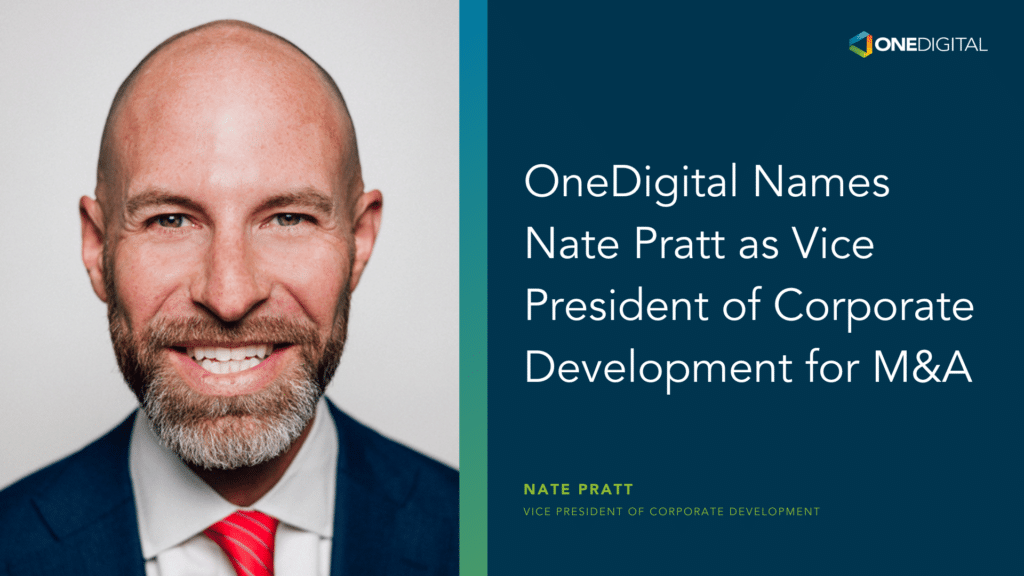The Aetna/Humana and Anthem/Cigna mergers are officially dead. Through a series of articles over the past 18 months, we've been predicting the tough road to approval for both of these proposed mergers. The "bigger is better" promise of reduced premium costs to employers and consumers met its ultimate fate when two federal judges ruled against approval of these mergers in separate hearings over the past several months.
What Happened?
Ultimately, there was too much concern about the illusiveness of cost savings and reducing market competition, allowing the Justice Department to prevail in its cases against both mergers. As the lengthy approval process unfolded, the carriers continued to project a "business as usual" approach, but their own employees, the broker community and their policyholders craved for a conclusion and an increasing desire for the big five national carriers to remain intact and not to reduce choice to just three in most markets.
The healthcare system is very complex and still very localized, with ongoing dynamics between the provider community, carriers, employers and consumers. Whether you purchase your health coverage through Medicare, Medicaid, Employer-based or Individual exchanges, maintaining a robust and price competitive environment is at the heart of what stokes emotions for all parties and shapes our great healthcare reform debate.
The competitiveness of today's health markets
With the very active and emotional reform attempts of ACA underway in Congress and the White House, we now have the CBO score of the recently passed House reform bill, The American Health Care Act (AHCA). With the latest projections of 10 million more uninsured next year and 23 million more over the next 10 years, all eyes are on the Senate to quickly draft a bill that fixes the highly contentious issues stemming from the ACHA bill. Meanwhile, with Mitch McConnell recently announcing that passage of a reform bill from the Senate as unlikely, the health carriers are becoming increasingly anxious about the state of things which could affect markets in the following ways:
Individual Exchanges
With the uncertainty swirling about keeping carriers on all the current exchanges across the country, the most pressing issue is getting a firm commitment from the WH and the Republicans that they'll continue funding the much needed subsidies in 2018 to keep the premiums affordable for lower income individuals. Last week, BCBS of Kansas City was the latest carrier to announce they're exit from the exchanges they serve in MO and KS. Many more carriers are contemplating similar exit plans, which will leave many consumers who rely on access and coverage through these exchanges with no viable options to insure themselves and their families. If a reform bill won't pass the Senate over the next several weeks, then a commitment of continued funding of subsidies is imperative. DC needs to act swiftly to avoid this potential free-fall.
Employer-based coverage
While the market is much more stable for both plan choice and price competition, the small employer market is facing more headwinds than the middle and large market segments. With the aforementioned uncertainty about the passage of reform legislation fixing/replacing ACA, some carriers may limit the type of plans they’ll offer to write or renew in various markets throughout the country. In addition, most small employers have historically paid fully insured premiums, but the rapidly emerging adoption of level-funded premium financing is changing the risk-bearing tolerance for this employer segment. We'll be monitoring these emerging trends closely for our clients, especially those with 50 or fewer covered employees, to make sure they’re well informed and presented with viable options.
The future for big mergers
Now that the executives of four of the biggest health carriers have seen the judicial leanings and political headwinds associated with big mergers, it will be interesting to see how they contemplate future acquisitions of health carriers or other tangents of the health insurance and delivery system. The huge break-up fees paid by Anthem to Cigna and Aetna to Humana will test the will of the next CEO who makes a big merger bet.
With that being said, I still believe there are a couple of interesting merger combinations that could be more complimentary and positively impact the markets they serve. It may be some other combination of the four carriers we've been discussing, but we'll leave that projection for the next in this series of articles on monitoring potential carrier consolidation and their market impact!




